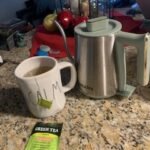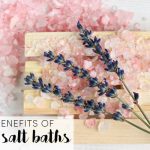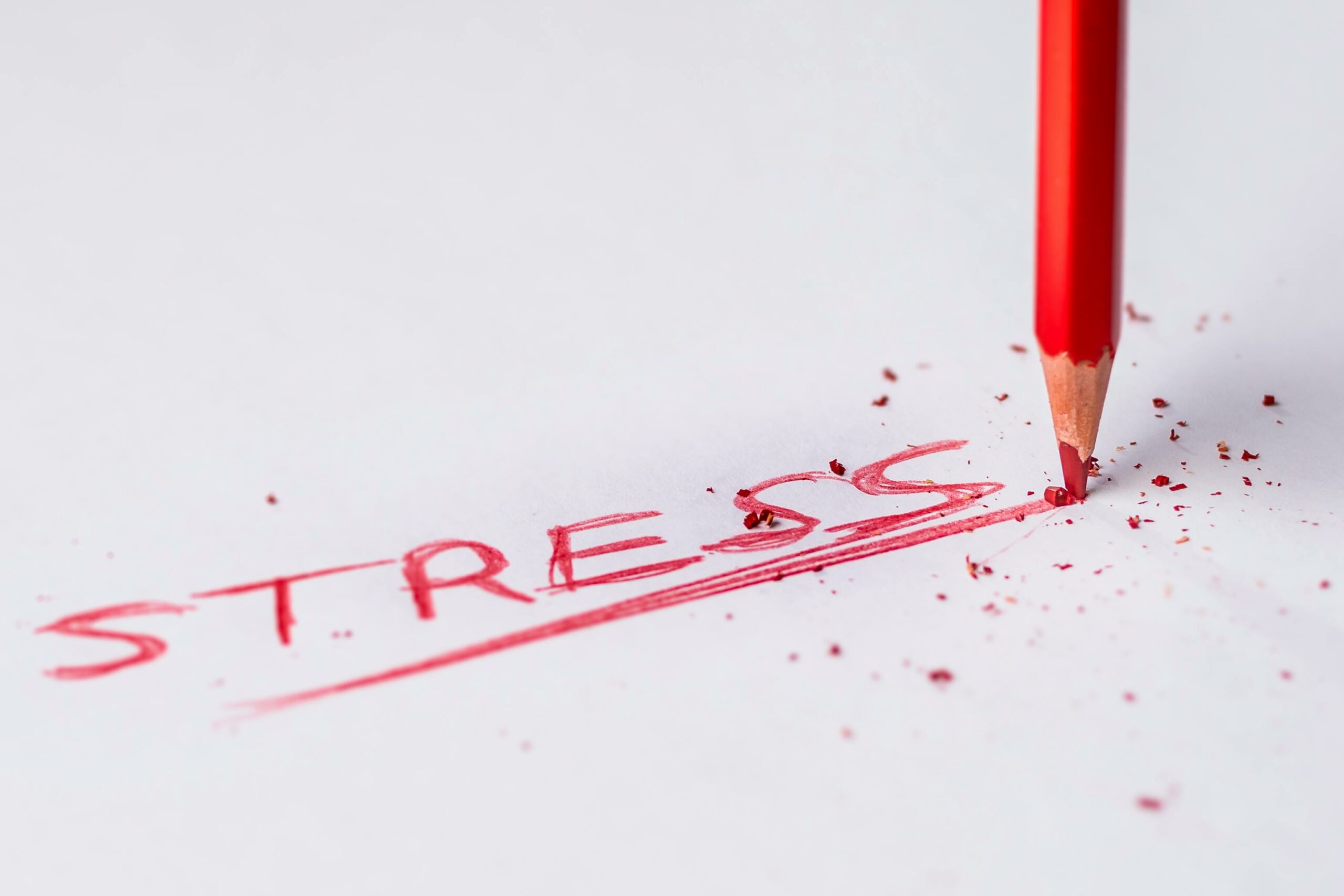Healthy Tips To Relieve Stress and Help Your Heart
Category: Healthy Heart

Does this picture look familiar to you? This gentleman seems to be in a hurry, checking his watch, concerned for the time lost. This actually has a name…it is called “hurry sickness” and it actually can make you sick, since it increases the body’s output of the stress hormone cortisol, which suppresses the immune system and has been linked with heart disease. It is just one of many stresses we can add to an already hectic lifestle.
When I look back at my own childhood I can see that in my own family particularly my Dad whom I lost to heart disease at the age of 52. We are often told that heart disease is highly preventable simply by following a healthy lifestyle. I will admit that my Dad had a lot of stress in his life, did not exercise, loved his alcohol, did not watch his diet and hated to go the doctor. So, yes, I think he could have lived a longer, healthier life had he paid more attention to the preventative activities such as exercise, diet and a calmer lifestyle. Did I mention also that he smoked and was overweight, had high cholesterol and his blood pressure was always rising?
My father experienced lots of stress in his short life ~ financial, his relationships, his job, etc. In a “fight or flight response” (coined by a scientist named Walter Cannon to describe the body’s response to stress), this response allowed early humans to “jump into high gear” to avoid those saber-toothed tigers. Today our body is going through the same physical changes that those early humans did; however, instead of protecting us from that tiger, this response can be harmful. In my father’s case, it definitely was.
Dr. Jamie McManus, M.D., in her book, Your Personal Guide to Wellness, talks about the importance of stress management because those of us who become chronically stressed by job, marriage, financial worries, traffic jams, etc. puts our bodies in a constant low-grade state of “fight or flight” and this has long-term possible physiologic results of hypertension and heart disease, cancer, autoimmune disorders, and, of course, chronic anxiety and depression. She further states that what began as a “hectic life” can result in real disease. In looking back, I do believe that was at the root of my own father’s heart attack among other things. In my own lifetime I have experienced hypertension brought on by stress. I am actively working at limiting the stresses in my own life and incorporating as many “stress relievers” as I can. I was attracted to this particular mug recently just to remind me to remain as calm as possible in every situation. 
I loved Dr. McManus’s formula to manage stress simply by creating a “magnificent tone” in your life and following the Triple “A” Map which includes Alter, Avoid and Accept. She quotes Herbert G. Lingren, Ph.D., an Extension Family Life Specialist: “…choosing a low-stress response to life’s bumps and bruises will not only preserve your sanity but also your physical health.” She then goes on to describe the 3 A’s:
- Alter your life by removing the source the stress by becoming more organized in both personal and family life and become more efficient in the use of time, always having backup plans for any emergency.
- Avoid stress by removing yourself from the stressful situation ~ sometimes it is okay to walk away, to let go, to say “no” ~ know your limits.
- Accept the situation simply by equipping yourself physically and mentally for stress. This involves making good nutritional choices which include whole foods, whole grains, lean protein, fresh fruits and vegetables, restricting sugar, fried foods and caffeine, and of course including exercise in your daily routine.
Some of the changes I have made in my own life since dealing with my own stress which led to my bout with high blood pressure has included the following:
- taking daily long warm baths using epsom salts and adding drops of lavender oil
- taking a steady supply of nutrients like essential vitamins, trace minerals, healthy fats, electrolytes, amino acids and antioxidants,
- making sure my diet includes cold-water, wild-caught fish like salmon which have healthy fats and omega-3 fatty acids, (I also supplement my diet with epa)
- literally slowing down, taking time to experience the moment (practicing mindfulness)
- playing “instrumental dream radio” music thru Pandora on my computer as I work ~ amazing!
- Eliminating as many processed foods daily as possible as well as sugary treats
I still need to incorporate exercise as an important part of this program. What about you? Do you have the “hurry sickness”? If so, take a few moments, breathe, and reflect ~ appreciate the moment and the day ~ your heart will thank you!



Facebook Comments